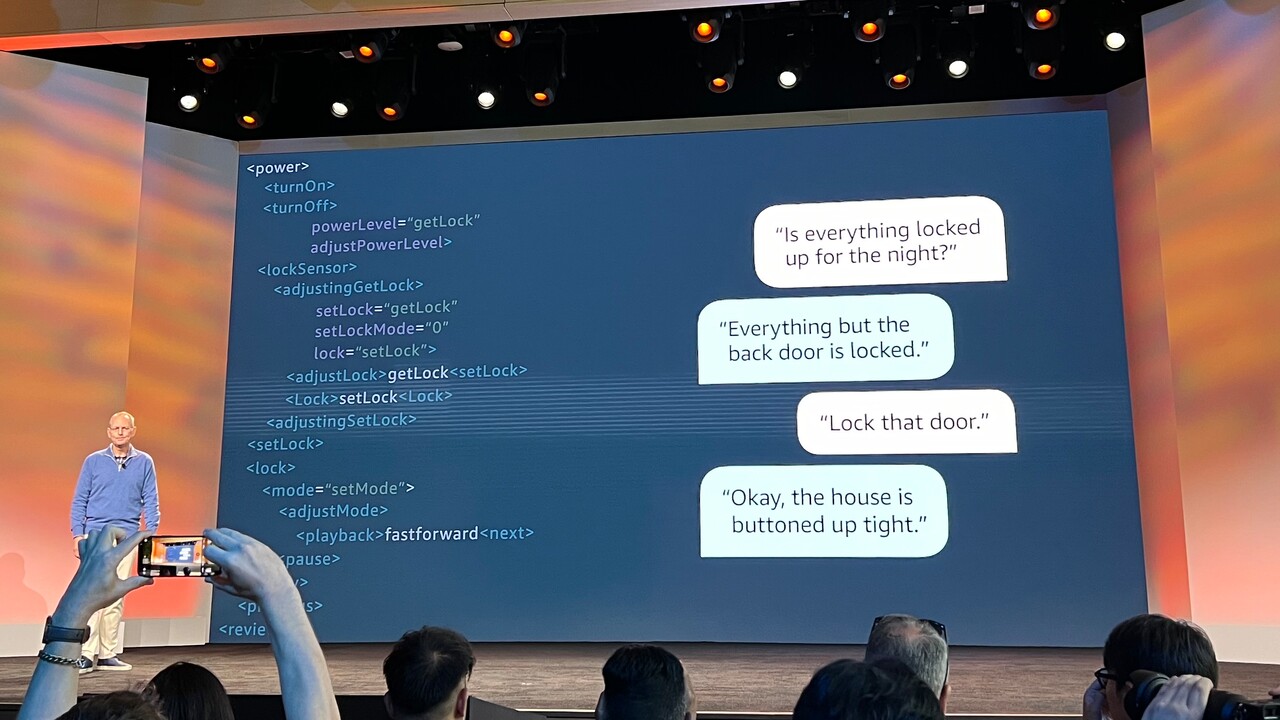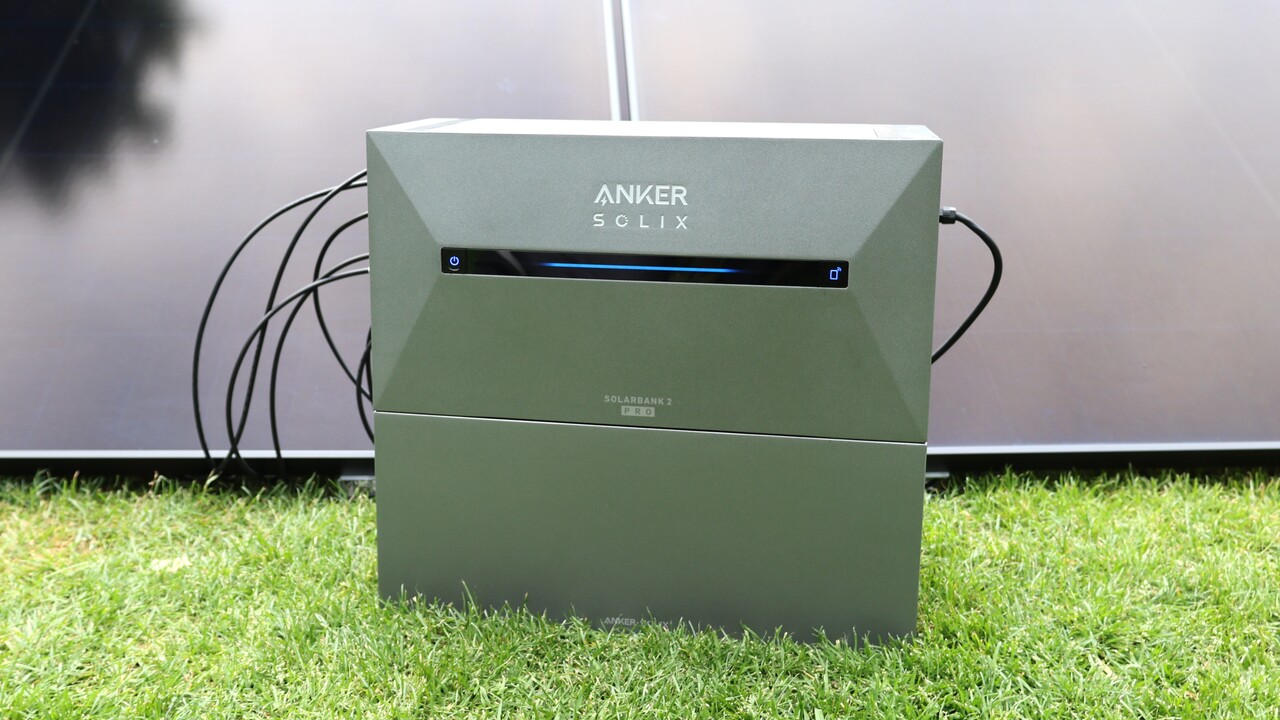Alexa smarter: Amazon’s AI voice assistant could be delayed until 2025

Amazon has long been planning major changes for the Alexa digital voice assistant. In addition to a subscription model, Alexa will benefit from many new options and functions thanks to generative AI. According to Bloomberg, continuing technical challenges will further delay the market launch next year.
AI-Alexa will likely be delayed until 2025
Originally, the new Alexa features were planned to be available in beta in early 2024, followed by a full-scale release. But the release schedule for the AI update, which will bring Alexa on par with ChatGPT and other current language models, has now been pushed back to 2025, according to Bloomberg. In any case, this corresponds to the Amazon Devices & Services event, which is still missing this year, during which the company would make such announcements. The announcement from Amazon CEO Andy Jassy was originally supposed to be made at an event on October 17, but Amazon only introduced the new Kindle via press releases.
Amazon wants to make Alexa a complete and advanced personal assistant. “We have already integrated generative AI into various components of Alexa and are working hard to scale this technology across more than half a billion Alexa-enabled devices worldwide to offer our customers even more support proactive, personal and trustworthy,” said company spokesperson Kristy. Schmidt told Bloomberg.
Simple unsolved tasks and AI hallucinations
The AI-controlled version of Alexa has improved since the prototype was tested in summer 2023, but still has weaknesses. These include irrelevant or excessive responses as well as issues with simple tasks that the current version can handle effortlessly, like turning lights on and off. The problem of “AI hallucinations,” in which the AI adds irrelevant information or invents answers, is also not completely resolved. Internally, beta testing resulted in low satisfaction rates because responses were often inflexible and unhelpful, according to the report. In any case, you can’t follow Google‘s Gemini or OpenAI‘s ChatGPR.
ChatGPT, known for its ability to conduct natural dialogues and solve creative problems, presents new challenges to conventional systems like Alexa. The current version of Amazon’s Alexa is based on a combination of rule-based responses and adaptive algorithms, leaving it increasingly behind in today’s competitive environment. Although Amazon began integrating the first improved language model components such as the “Alexa Teacher Model” in 2021, development remained stuck in a niche project. At the same time, Amazon has so far pursued a hardware strategy that has brought a wide range of Alexa-enabled devices to market, mostly at low prices. Although this approach has allowed Alexa to achieve high reach, it has not yet been profitable. It was only the release of ChatGPT, with which Amazon suddenly fell behind in the field of digital voice assistants, that put generative AI at the center of Alexa’s strategy.
The old and the new must be united
Adapting Alexa’s existing architecture to large language models is technically very complex. The challenge is to integrate Alexa’s extensive AI framework stably into existing and sometimes outdated systems. This way, on the one hand, it can answer much more complex questions, but on the other hand, the usual reliability of old systems is retained for everyday tasks.
Is bureaucracy slowing down development?
The current difficulties in developing a competitive AI assistant are also attributed to internal structures. According to Bloomberg, some employees criticize Amazon’s bureaucratic structures, which make flexible and rapid development difficult. Jassy is now believed to want to place more emphasis on organizational efficiency in order to be able to react more quickly to market changes.
Amazon is reportedly testing alternative AI models from external suppliers, including Mistral AI and Anthropic, in order to potentially benefit from new technological approaches. Critics within the company doubt that Alexa in its new form will be a resounding success, according to Bloomberg. They point out that Amazon’s success has often relied on early market entry and rapid expansion of market share, as was the case with Amazon Prime or AWS. The lack of leadership in generative AI innovation could now prove to be a disadvantage.
Ultimately, Amazon will also benefit from the enormous popularity of its Echo speakers with the new Alexa, provided that the problems that seem to persist can be resolved quickly and the market launch can actually take place in early 2025.
Topics: Amazon Amazon Alexa Artificial intelligence Smart home Source: Bloomberg

Lucas explores smart gadgets and connected ecosystems to optimise home comfort and security.


